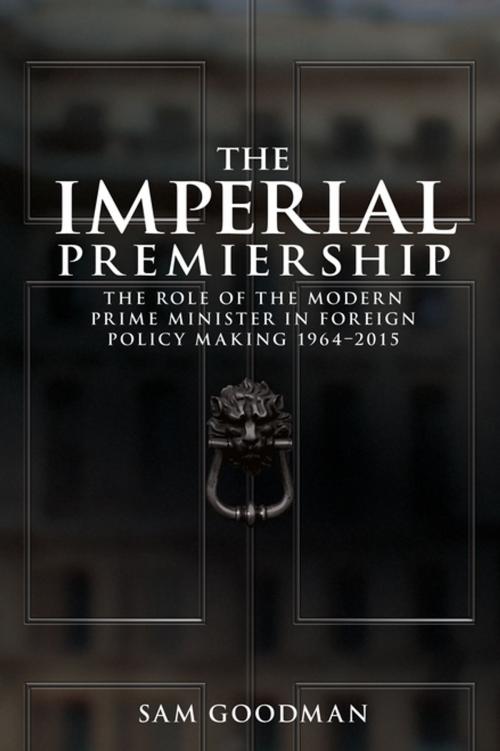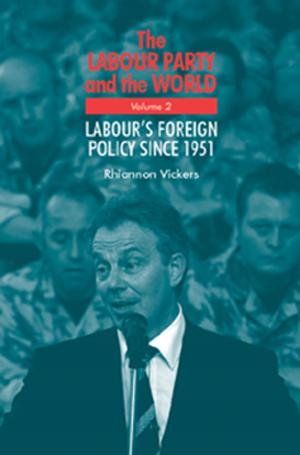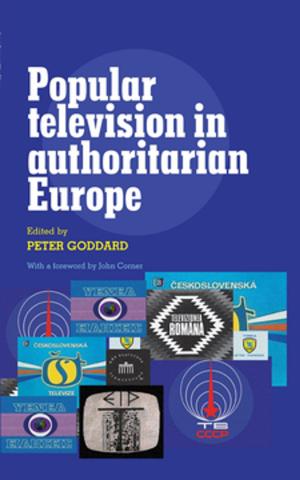The imperial premiership
The role of the modern Prime Minister in foreign policy making, 1964–2015
Nonfiction, Social & Cultural Studies, Political Science, International, International Relations, History, British| Author: | Sam Goodman | ISBN: | 9781526108456 |
| Publisher: | Manchester University Press | Publication: | October 24, 2016 |
| Imprint: | Manchester University Press | Language: | English |
| Author: | Sam Goodman |
| ISBN: | 9781526108456 |
| Publisher: | Manchester University Press |
| Publication: | October 24, 2016 |
| Imprint: | Manchester University Press |
| Language: | English |
Recent votes in the House of Commons on British military intervention have put foreign policy at the heart of public consciousness. This book spans British foreign policy over the last fifty years and nine premierships from Harold Wilson to David Cameron. Based on the author's first-hand interviews with former foreign secretaries, Cabinet ministers, senior civil servants, party officials, military chiefs and diplomats it offers a unique account of the growing role of the prime minister in foreign policymaking and its impact. Written by a senior parliamentary researcher it offers an insider account of votes on military intervention in Syria. The prime minister now spends more time on foreign policy than any previous period outside war, yet the public and MPs themselves remain relatively ill-informed of foreign policy outside of crises. If we are to avoid the mistakes of the past and utilise our country's full capacity on the world stage we need a societal change in how we vet those who seek the office and in educating the electorate.
Recent votes in the House of Commons on British military intervention have put foreign policy at the heart of public consciousness. This book spans British foreign policy over the last fifty years and nine premierships from Harold Wilson to David Cameron. Based on the author's first-hand interviews with former foreign secretaries, Cabinet ministers, senior civil servants, party officials, military chiefs and diplomats it offers a unique account of the growing role of the prime minister in foreign policymaking and its impact. Written by a senior parliamentary researcher it offers an insider account of votes on military intervention in Syria. The prime minister now spends more time on foreign policy than any previous period outside war, yet the public and MPs themselves remain relatively ill-informed of foreign policy outside of crises. If we are to avoid the mistakes of the past and utilise our country's full capacity on the world stage we need a societal change in how we vet those who seek the office and in educating the electorate.















